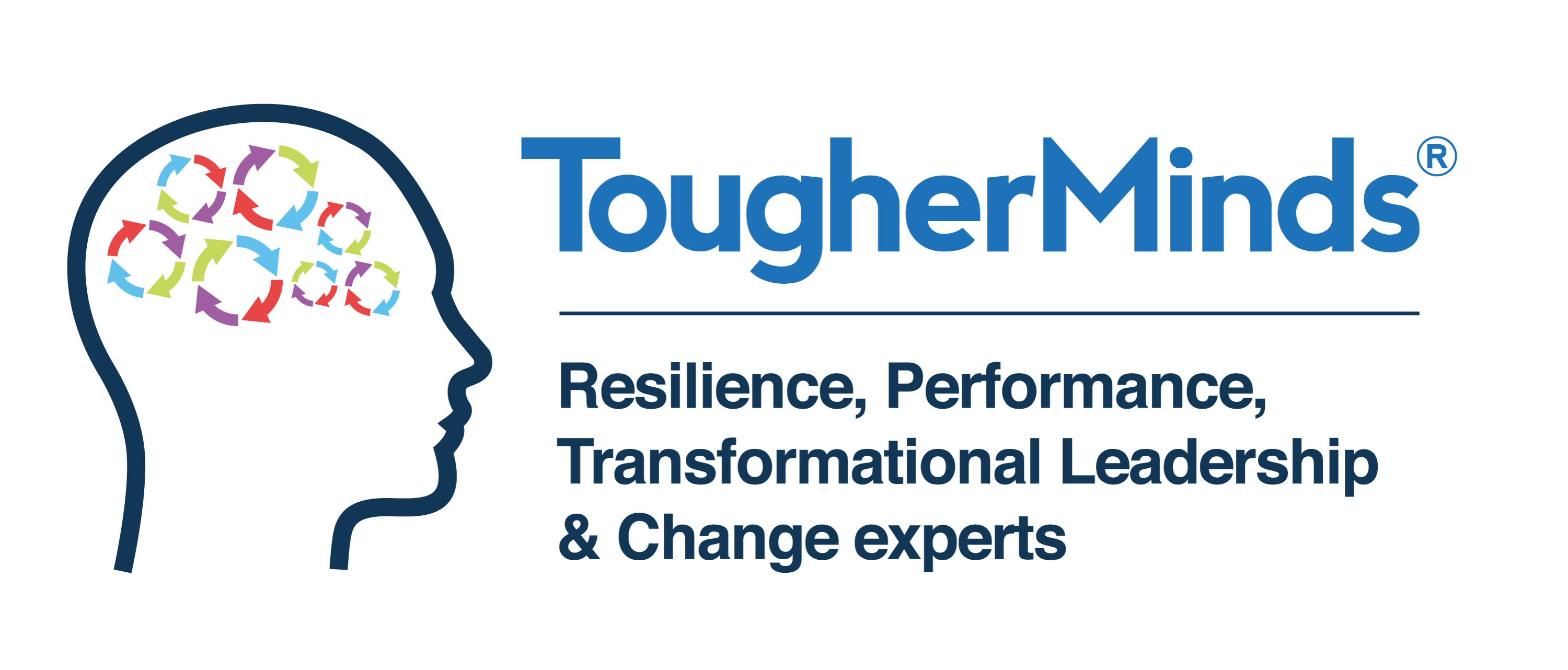Five habits to help Boards maximise their performance and impact
The immediate focus for any non-exec is naturally a strategic view of the business, or organisation, they oversee. But it is also critical for Directors to proactively manage their own well-being and performance habits.
Why is this the case?
If we consider our evolution, humans were never the biggest, strongest or fastest animal on the planet. The main reason we prospered in ‘hostile environments’ is our unique ability to intelligently work together and outsmart competitor species. We call this ‘Team Power’. Thankfully, we no longer fight sabre-tooth tigers but working as a team will make it easier to think innovatively, provide better counsel and support executives.
Team Power crisis?
Any team (of any type) is only as good as the performance of its individual members. The ‘collective intelligence’ of a group can be greater, or less, than the sum of its parts. Individual team members being healthy, happy and performing to their potential is a foundational principle for Boards that wish to be high-performing and have Team Power. The problem is that our fast-changing volatile, uncertain, complex and ambiguous (VUCA) world makes it more difficult than ever to be at our best.
What is the solution?
Drawing on my own applied work, research and the latest insights from neuroscience, behavioural science and psychology, I am going to help you tackle the VUCA world by showing five simple and practical habits to help individual Directors and Boards succeed and thrive. Let’s start by thinking about how teams work.
The five stages of Team Power
Climbing a mountain is a great metaphor to help us understand how to create a powerful, effective and well-functioning team. Based on my research and work, high-performing, successful teams must go through five stages to reach the top and achieve their collective goals. This applies to any group of people who want to work together effectively.
Here is an overview of the five stages, I have also shared a habit tip for each stage to make it easier to implement them.
Stage 1 – Me Power Conditioning: Every Board member deliberately choosing to work towards being at their best.
Habit 1: Board Reviews. Led by the Chair, Board members should be encouraged and supported to regularly reflect on their helpful and unhelpful lifestyle habits (diet, exercise and sleep etc) and then equip them with knowledge and skills to build more helpful habits. We have created a free tool called the A.P.E. Test to help with this.
Stage 2 – Community Base Camp: First clearly define the purpose of your Board. Then create big goals, a strategy and decide your priorities for the Board itself (as well as giving the required input to the Executive).
Habit 2: If you are the designated leader (i.e. the Chair), develop a habit of regularly talking about:
- The Board’s long-term goal and purpose
- Its immediate priorities
- How individual members’ areas of interest and responsibilities are contributing to achieving those priorities.
Stage 3 – Group Climbing Support: Every Board member should be modelling good behaviour and communicating in a positive way that helps to get things done.
Habit 3: Everyone choosing to care for fellow Board members. Promote psychological safety by make everyone else feel accepted and respected.
Stage 4 – Campfire Discussion: Coaching people and helping them to grow, improve and deliver results.
Habit 4: Board members should have regular access to one-to-one guidance which helps them build better habits for health, happiness, performance and transformational leadership.
Stage 5 – Group Climbing Review: Planning to collectively step-back, reflect and adjust priorities accordingly – helping the Board achieve its goals, so the business it guides also benefits.
Habit 5: The Board’s annual calendar should include periodical reflection on collective performance, where people feel psychologically safe to voice their opinions.
About the author – jonfinn@tougherminds.co.uk
Dr. Jon Finn has worked in the fields of well-being, performance psychology and Transformational Leadership for nearly 20 years. He founded the award-winning Tougher Minds consultancy. They use the latest insights from neuroscience, behavioural science and psychology to create and deliver simple and practical products and programmes that empower individuals, leaders, teams and organisations to build better habits for fulfilled potential in a challenging world.
He completed his PhD at Carnegie School of Sport (Leeds Beckett University) investigating the role of emotional regulation in the challenging transitions of some of Britain’s most high-performing athletes. He has worked extensively in elite sport, particularly in professional football, rugby union, rugby league, cricket and golf. Much of his current work is helping individuals, teams and managers in the City of London, and the USA thrive in the challenging modern work and societal context.
Dr. Finn has advised the Government, had his work featured in The Sunday Times, The Sunday Telegraph and People Management. He has published peer-reviewed papers and sport psychology books, and written a regular column in the Yorkshire Post business section.
